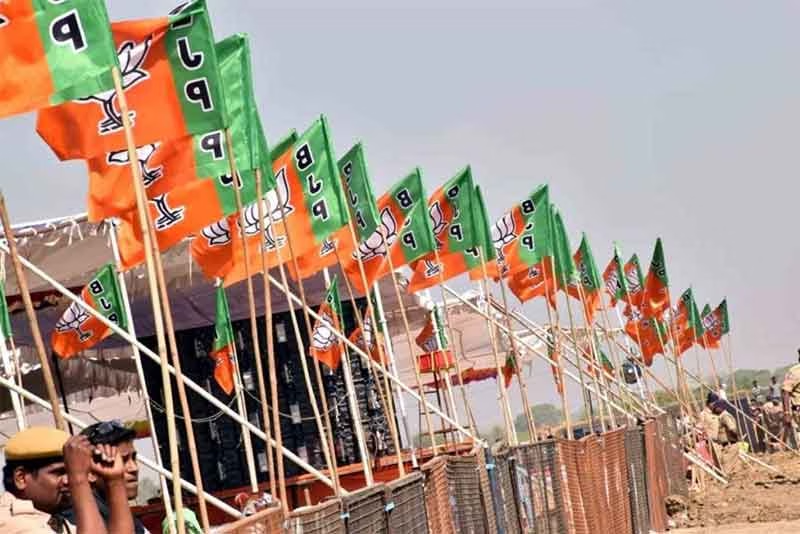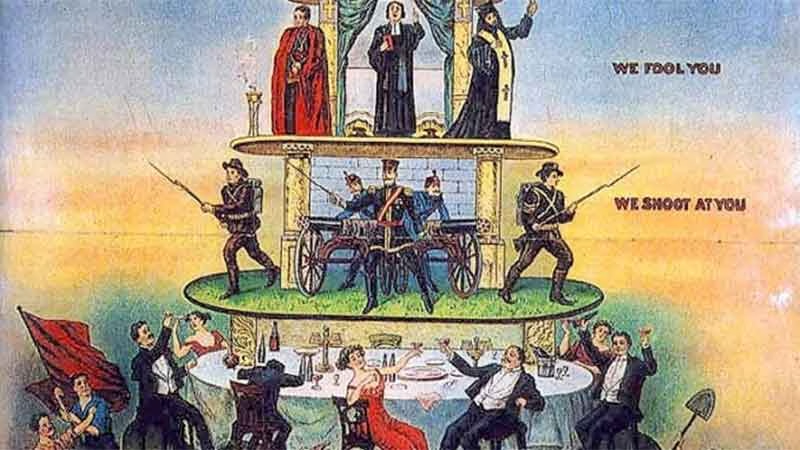
On June 11, 2025, the BJP government will complete its first year in power in Odisha. One year is sufficient to assess the performance of a government. However, the lack of effective governance and tangible developmental outcomes and economic growth suggests that the BJP government in the state has been a significant disappointment. The Hindutva-driven politics of the Bharatiya Janata Party (BJP) came to power by blaming over two decades of Biju Janata Dal (BJD) rule for Odisha’s underdevelopment. Both the state and central leadership of the BJP promised that a “double engine” government—where both state and central governments are led by the BJP—would ensure greater ideological coherence, policy alignment and smoother cooperation, thereby accelerating development processes in the state with the backing of the central government under Prime Minister Narendra Modi.
However, since coming to power at both the Centre and in the state, the BJP government in Odisha has performed worse than a defunct student union. Student unions in the state were once far better organised, more accountable, and more performance-oriented than the current state government. It often feels as though there is no government at all in Odisha. The idea of governance for development has become a myth under Hindutva politics, which peddles the illusion of the so-called “double engine” government and its supposed commitment to the development of the people and the state. In reality, the promised benefits of a “double engine” government amount to little more than deceptive propaganda aimed at consolidating power. Hindutva politics in Odisha serves as a cautionary tale about the failures of “double engine” Hindutva-led governments across the country. The BJP’s rule in the state has been a double disappointment—both in its so-called ideology of development and governance.
The government has failed to improve the basic tenets of governance, as the law and order situation continues to deteriorate on a daily basis. Odisha currently ranks 8th in the country in terms of per capita crime rate growth, recording a 3.8% per capita increase in crime. The state is witnessing an alarming spike in heinous crimes such as rape, while incidents of burglary and theft are also on the rise. Crime is not a natural occurrence—it stems from exploitative and unequal conditions of marginalisation, deprivation, and from systemic failures to create an egalitarian and secure environment where human dignity is upheld. The Hindutva-led government in Odisha has failed to maintain law and order, which is a fundamental responsibility of any administration. The growing crime rate is the inevitable outcome of this governance failure.
The absence of a clear vision and mission has laid the foundation for a directionless government in Odisha, as the current BJP leadership lacks exposure to modern public policy-making geared toward economic growth and development. As a result, inefficiency has come to define the BJP government in the state. This inefficiency has led to the underutilisation of central government funds, resulting in an 18.19% reduction in disbursements from the Modi-led central government. Ironically, the BJP-led Union government has withheld funds from its own party’s government in Odisha due to this inefficiency—an argument previously used by Congress governments at the Centre to justify their neglect of Congress-led state governments. In this regard, the BJP appears to be merely following in the footsteps of the Congress when it comes to central neglect of the state. Ultimately, the federal spirit of governance seems to be a myth. The centralised federal structure functions efficiently like a single-window system for private corporations and the capitalist class, while the working masses continue to suffer due to governmental inefficiency.
The BJP governments at both the Centre and the state have reduced grants allocated for housing and welfare programs aimed at the development of Scheduled Tribe and Scheduled Caste communities in Odisha. As a result, the most marginalised groups and the rural working poor are bearing the brunt of the so-called ‘double engine’ government. This model, often promoted as a vehicle for accelerated development, has instead revealed a pattern of neglect and exclusion. In reality, it is defined by a doubling down on deception—an inherent feature of Hindutva politics at both state and national levels. The ‘double engine’ government serves as a cautionary tale of misleading electoral promises and governance that fails the most vulnerable population in the state.
The state of health and education in Odisha is deeply alarming. Schools, colleges, and universities across the state suffer from an acute shortage of trained teachers, lecturers, and researchers. Similarly, hospitals face a severe lack of doctors, nurses, essential medicines, and basic medical equipment necessary for diagnosis and treatment. The BJP government in Odisha has failed to address or improve these critical sectors, leaving the public education and healthcare systems in a state of neglect and crisis.
The BJP government in Odisha, led by Mr. Mohan Majhi, has failed to improve the living conditions of tribals, Dalits, the rural poor, women, students, and the youth population. Poverty, unemployment, and food insecurity are steadily worsening across the state. It feels as though the government in Odisha does not serve the people but prioritises corporate interests, actively facilitating the transfer of the state’s mineral resources to private entities. The social security and welfare in the state is outsourced to Lord Jaganath and Odia ‘Asmita’. In reality, the deceptive practices of Hindutva government is an assault on Lord Jagannath—who symbolises the god of the masses and the essence of Odia Asmita (identity and pride) both within the state and beyond. The people of Odisha have not experienced such a deep sense of hopelessness in recent memory.
The first year of the BJP government has been marked not only by disappointments, inefficiency and failures but also by the exposure of deceptive political practices at both the state and national levels. The first year also reveals that another four years of BJP government in Odisha will only deepen the crisis of development and governance in the state. Any hope on Hindutva politics breeds disappointments. The demand for alternative politics must arise from the mass mobilisation of people, united by their collective interests in peace, prosperity, and progress. Hindutva politics is not designed to serve the people. It can never be an alternative for the progress and well-being of the working people.
Subscribe to Our Newsletter
Get the latest CounterCurrents updates delivered straight to your inbox.
Bhabani Shankar Nayak is a political commentator















































